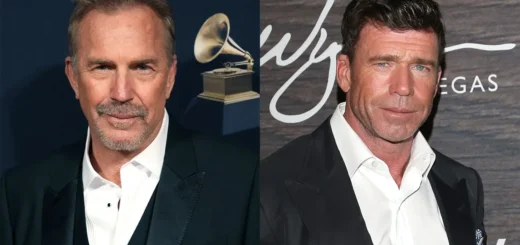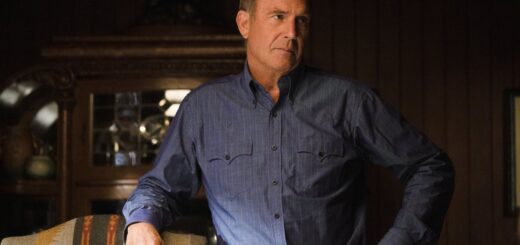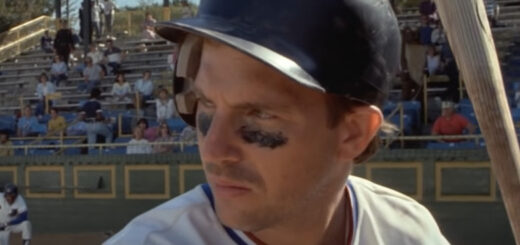How Kevin Costner’s Biggest Regret Contributed to the Western’s Decline and Why “Horizon Saga” Won’t Bring It Back
The Rise and Fall of Kevin Costner’s Western Legacy
Despite its myriad scandals and complexities, Yellowstone has successfully reignited Kevin Costner’s passion for Westerns. The actor’s enduring fascination with the Old West often seems to overshadow his career choices—one could argue that his decision to pour his finances into struggling projects reflects this obsession. However, enthusiasm alone can’t compensate for an audience that has moved on to more compelling narratives.
In his latest endeavor, Horizon: An American Saga, Costner must channel his creativity and passion into a four-part Western that aims to evoke the expansive American Midwest while embracing a long-form storytelling style. Even if this Western fails to capture contemporary viewers, it might still be remembered as a significant piece of a genre that has largely faded into obscurity.
Kevin Costner’s Ironic Relationship with Westerns
Without the brilliant contributions of writers Michael Blake and Taylor Sheridan, Kevin Costner might have underestimated his own value in Hollywood. While he has a strong screen presence, his fixation on Westerns has often hampered his career. Fortunately, films like Dances With Wolves and Yellowstone demonstrate that not all his efforts have been in vain.
However, many of his other projects—most notably the 1994 film Wyatt Earp—have significantly diminished his reputation and contributed to the decline of the Western genre. Although modern works like Westworld and Yellowstone pay homage to the genre, the classic era of the American Old West is, for all intents and purposes, over. Unfortunately, Costner bears much of the blame for this decline—and he is acutely aware of it.
Since Clint Eastwood stepped back from the genre in the 60s, Costner has become the face of the Western. While Eastwood made sporadic returns in the 80s and 90s, it wasn’t until Costner and Kurt Russell emerged that the genre found new representation. However, while Russell sought projects that showcased artistic potential, Costner often became too engrossed in grand narratives.
His pivotal misstep came when he chose Wyatt Earp over Tombstone, a film widely regarded as a classic. Directed by Lawrence Kasdan, Wyatt Earp was an overly ambitious three-hour endeavor that attempted to compress the entirety of Earp’s life into a single narrative, resulting in a film that felt clunky and incoherent rather than epic.
The Complexity of Wyatt Earp
Wyatt Earp was a multifaceted figure—lawman, gunslinger, gambler, and con man—whose colorful life defies easy categorization. In a May 2024 interview with GQ, Costner expressed his regret over the competition with Tombstone, stating:
“I love Wyatt, or I just love that movie. We got into a level of competition with Tombstone. A good friend said, ‘Look, we can postpone this movie. We don’t wanna compete.’ And I said, ‘Look, I’m sure this writer, director wants to make this movie, let them.’ And then this kind of space race started. I always regretted that there was this kind of weird competition. Tombstone was a fun movie, but it’s too bad it went the way it went.”
Earp’s life was far too intricate to fit into a black-and-white narrative, and Costner’s attempts to humanize the notorious figure often felt forced. Consequently, Wyatt Earp struggled in the shadow of Tombstone, which had premiered just six months earlier and is celebrated as one of the best Westerns ever made.


